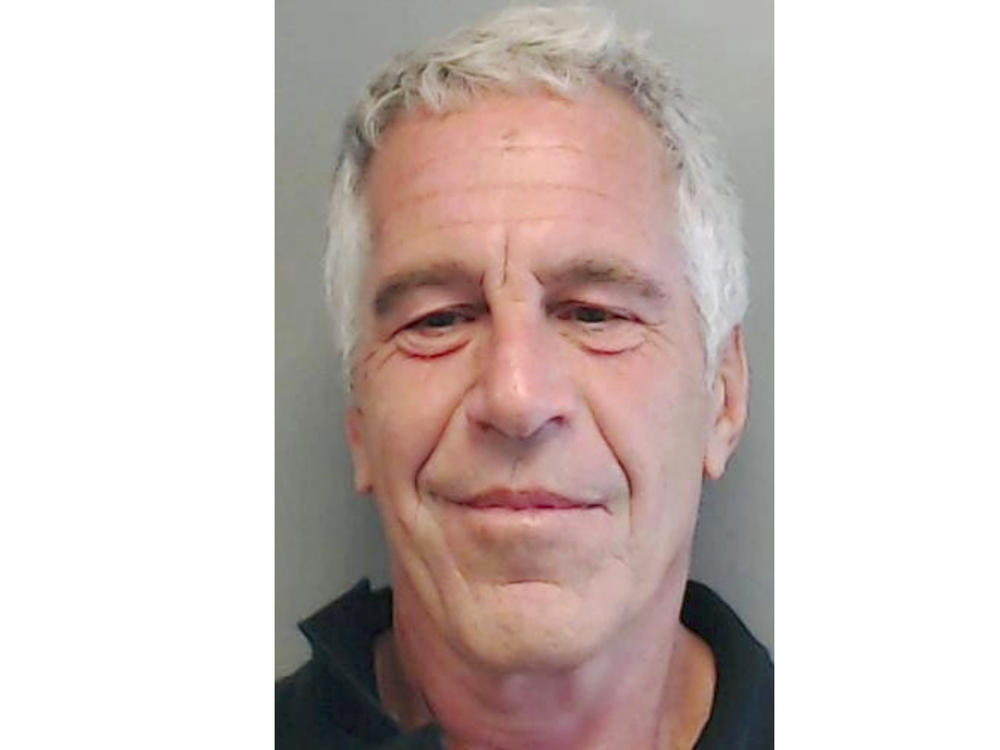Section Branding
Header Content
Epstein's sex trafficking was aided by JPMorgan, a U.S. Virgin Islands lawsuit says
Primary Content
The government of the U.S. Virgin Islands alleges in a lawsuit filed this week that JPMorgan Chase "turned a blind eye" to evidence that disgraced financier Jeffrey Epstein used the bank to facilitate sex-trafficking activities on Little St. James, the private island he owned in the territory until his 2019 suicide.
In a more than 100-page complaint filed by U.S.V.I. Attorney General Denise George in the Southern District of New York in Manhattan on Tuesday, the territory alleges that JPMorgan failed to report Epstein's suspicious activities and provided the financier with services reserved for high-wealth clients after his 2008 conviction for soliciting a minor for prostitution in Palm Beach, Fla.
The complaint says the territory's Department of Justice investigation "revealed that JP Morgan knowingly, negligently, and unlawfully provided and pulled the levers through which recruiters and victims were paid and was indispensable to the operation and concealment of the Epstein trafficking enterprise."
It accused the bank of ignoring evidence for "more than a decade because of Epstein's own financial footprint, and because of the deals and clients that Epstein brought and promised to bring to the bank."
"These decisions were advocated and approved at the senior levels of JP Morgan," it said.
The bank allegedly "facilitated and concealed wire and cash transactions that raised suspicion of — and were in fact part of — a criminal enterprise whose currency was the sexual servitude of dozens of women and girls in and beyond the Virgin Islands," according to the complaint, which included several pages that were redacted in whole or in part.
It said that human trafficking "was the principal business of the accounts Epstein maintained at JP Morgan."
When NPR reached JPMorgan Chase, the bank declined to comment.
Tuesday's legal action comes just weeks after the U.S.V.I. announced a $105 million settlement with Epstein's estate, meant in part to claw back "more than $80 million in economic development tax benefits that Epstein and his co-defendants fraudulently obtained to fuel his criminal enterprise," the attorney general's office said in a Dec. 1 statement.
Additionally, the settlement calls for the territory to receive half of the proceeds from the sale of Little St. James island "on which Epstein resided and on which many of his crimes occurred."
After a family had reported that Epstein had sexually abused her 14-year-old daughter in 2005, police in Palm Beach opened an investigation that led to a guilty plea three years later. Under the terms of the deal with the state of Florida, Epstein served 13 months in a work-release program, was forced to pay restitution to the victims and register as a sex offender.
Epstein was again arrested on similar charges in New York in 2019, but killed himself in federal prison while awaiting trial.
Deutsche Bank was investigated in 202o by New York state authorities for failing to report suspicious activity in Epstein's account despite knowing of his criminal history. The bank later agreed to pay a $150 million penalty.
Copyright 2022 NPR. To see more, visit https://www.npr.org.

